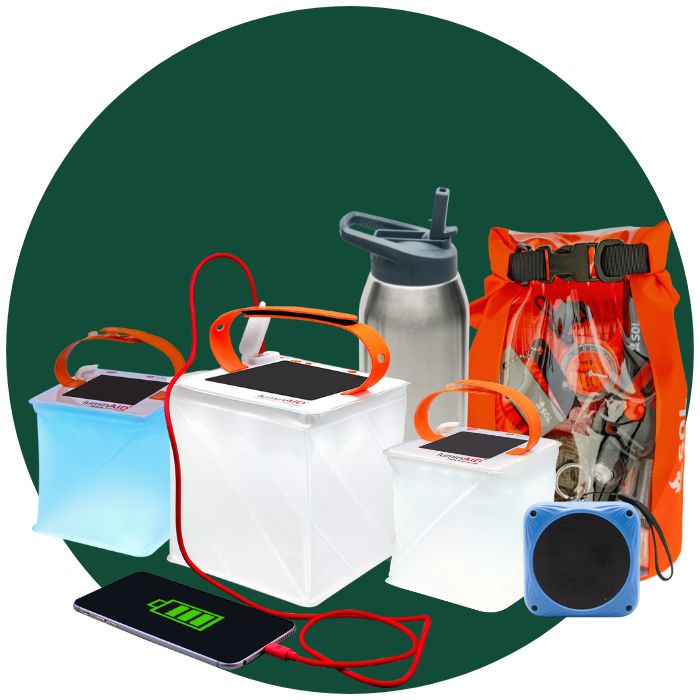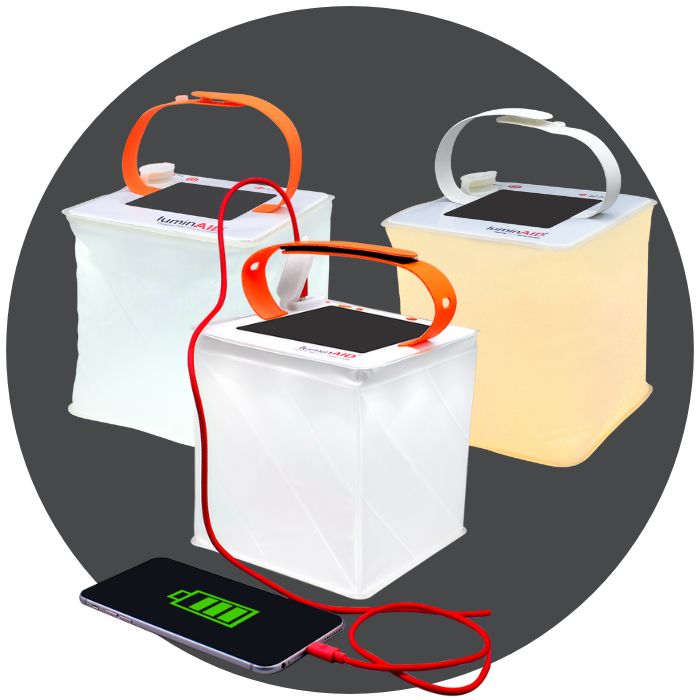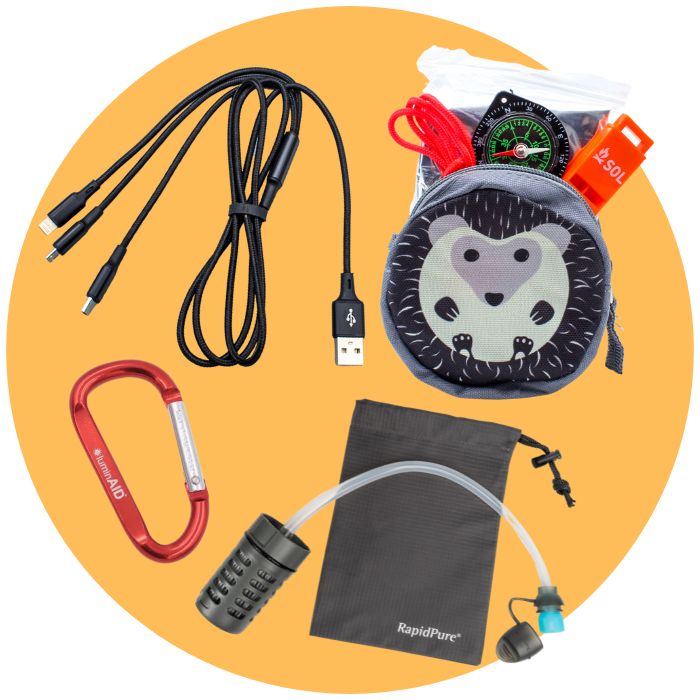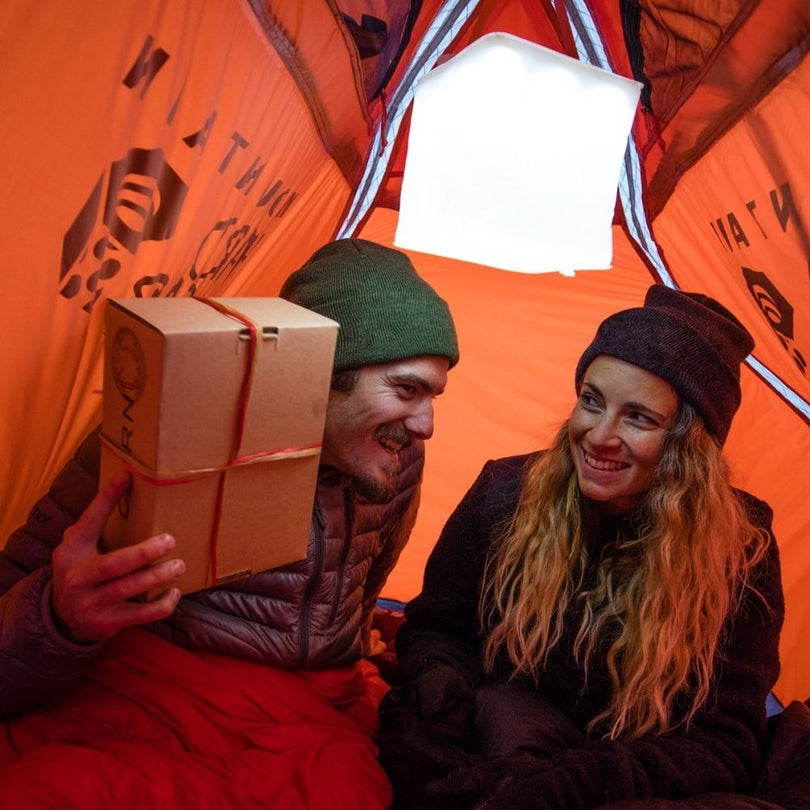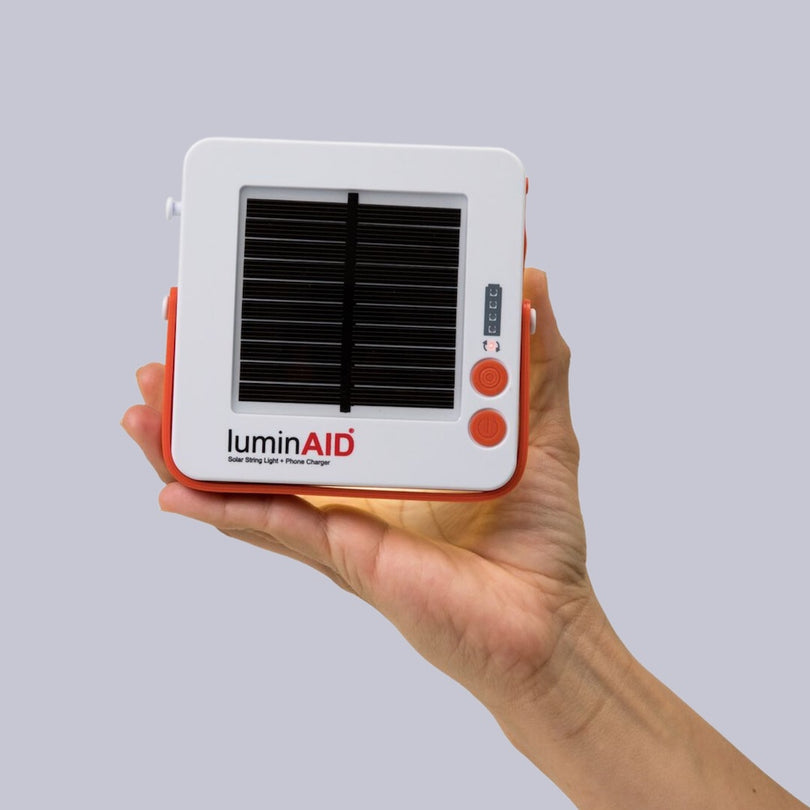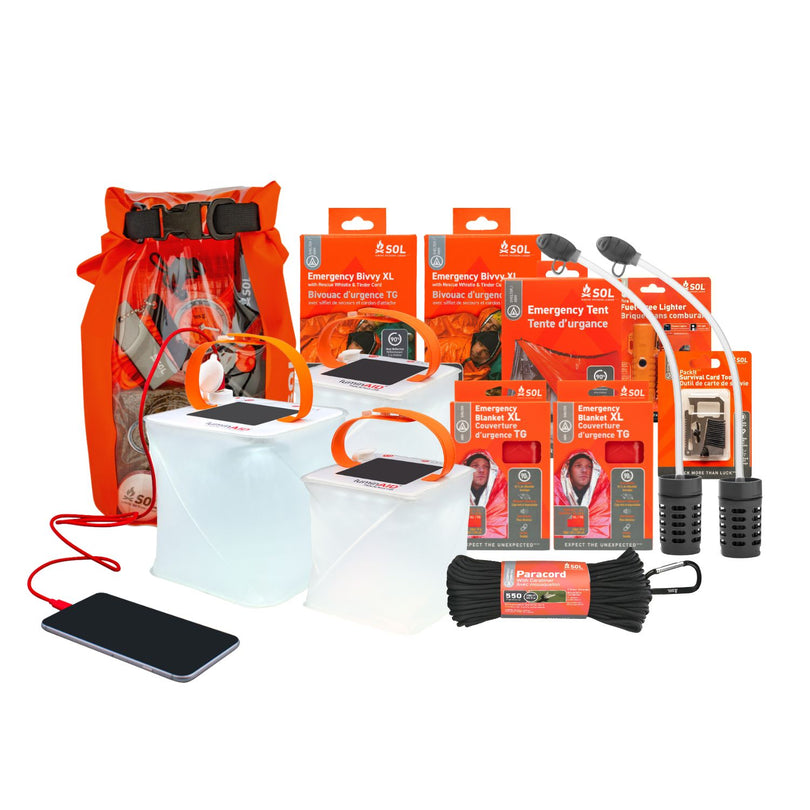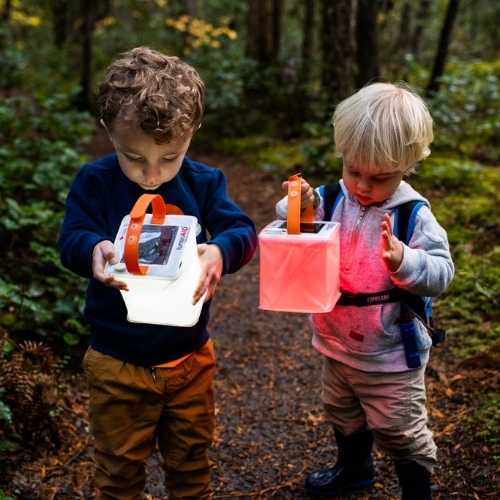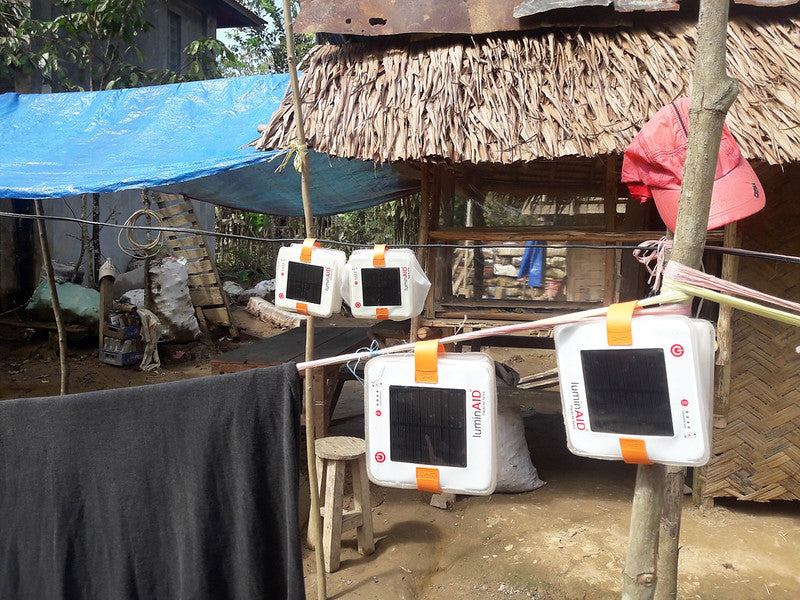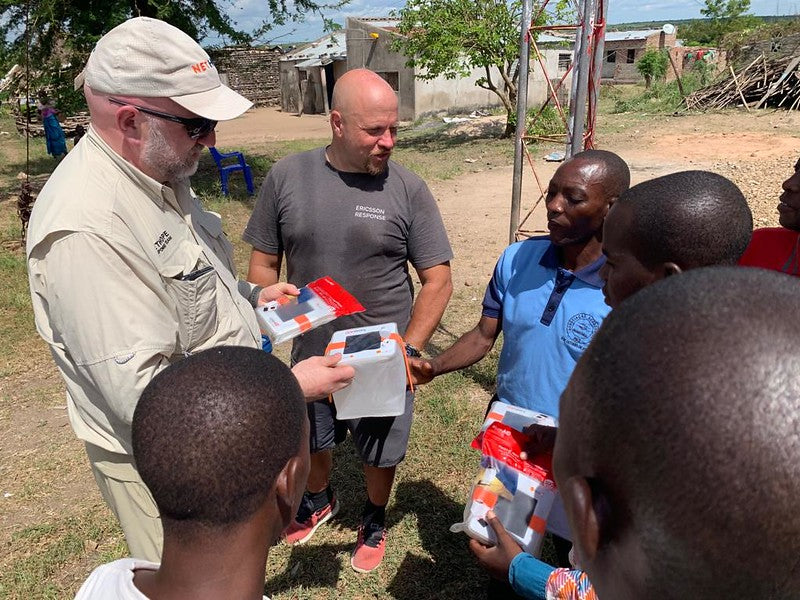In this Notes from the Field, we highlight the work of Kwatekeh Africa, a nonprofit organization dedicated to serving and rehabilitating impoverished rural communities in Liberia. We had the opportunity to speak with Kris Mower, who first provided us with a brief retelling of how Kwatekeh Africa came to be before diving into the details of her most recent trip to Liberia.
A close friend of Mower, Eric Hanson, had previously worked for an organization whose focus lay in helping provide resources for communities in Liberia, primarily at the Suakoko Leprosy Rehab Community in Bong County. Hanson was forced to leave when civil war broke out in the late 1980s, but not before establishing close ties and community connections.
Having returned in 2013 to check up on the community only to see it ravaged from civil war, he formed Kwatekeh Africa in an attempt to revitalize the village. Mower and her husband made the decision to make an expedition to the community in order to show support as well as understand the circumstances that made life difficult for the villagers. Cognizant of the lack of electricity created by the damage of the war, Mower made it an objective to bring a safe and renewable source of light to distribute.
Upon their arrival, Mower and her husband quickly noted the primitive and dangerous alternatives that local villagers resorted to in order to produce sources of light. Used sardine cans were filled with vegetable oils and burned using a makeshift wick, creating a potentially dangerous and unpredictable open flame. She described the villagers’ exceptional enthusiasm and excitement when receiving their solar lanterns. Having some prior experience with solar power, the villagers caught on quickly after a brief tutorial. Remarking on the ease and accessibility of the lanterns, Mower described that the villagers would not only use them to light their homes, but also as a portable means to increase visibility in darker hours or in times of heavy rain, making great use of the lanterns’ waterproof quality.
While the road to recovery is long and uncertain, Mower nevertheless remained determined in her belief that Liberia’s communities can be revitalized. By re-establishing productive agricultural practices and providing the aid and light to do so, Kwatekeh Africa’s efforts demonstrate that each trip brings significant learning for both villagers and aid personnel, in the hopes that the scars of civil war can be healed.
Join our mission to share light around the world.

